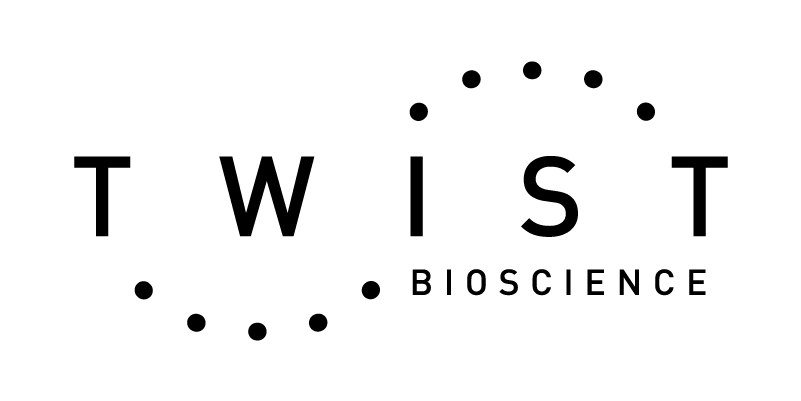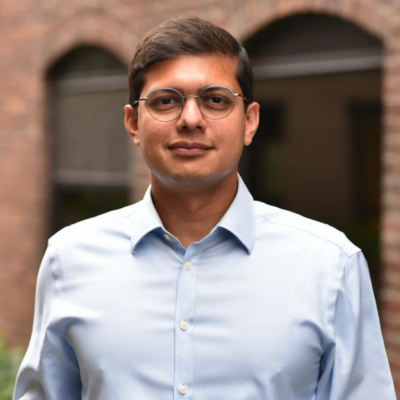Join us for an engaging webinar on the use of deep mutational scanning and sight saturation variant library (SSVL) technology when exploring the functional consequences of common mutations.
Dr. Majithia has spent much of his career bringing the tools of functional genomics, bioinformatics, and human genetics to bear in the fight against diabetes and other cardiometabolic conditions. This work led Dr. Majithia to study mutations in the hepatocyte nuclear factor 1A (HNF1A) gene. While loss of function mutations in HNF1A have been linked to rare forms of diabetes and altered hepatic function, as many as 1:100 people display mutations in the gene that have unknown functional consequences.
Hear how Dr. Majithia discusses the implications of these findings, the suspected underlying molecular mechanisms, and potential avenues for therapeutic interventions. This webinar promises to be an enlightening session for researchers, clinicians, and anyone interested in the intricate relationship between genetic variants, metabolic disorders, and cardiovascular health.



